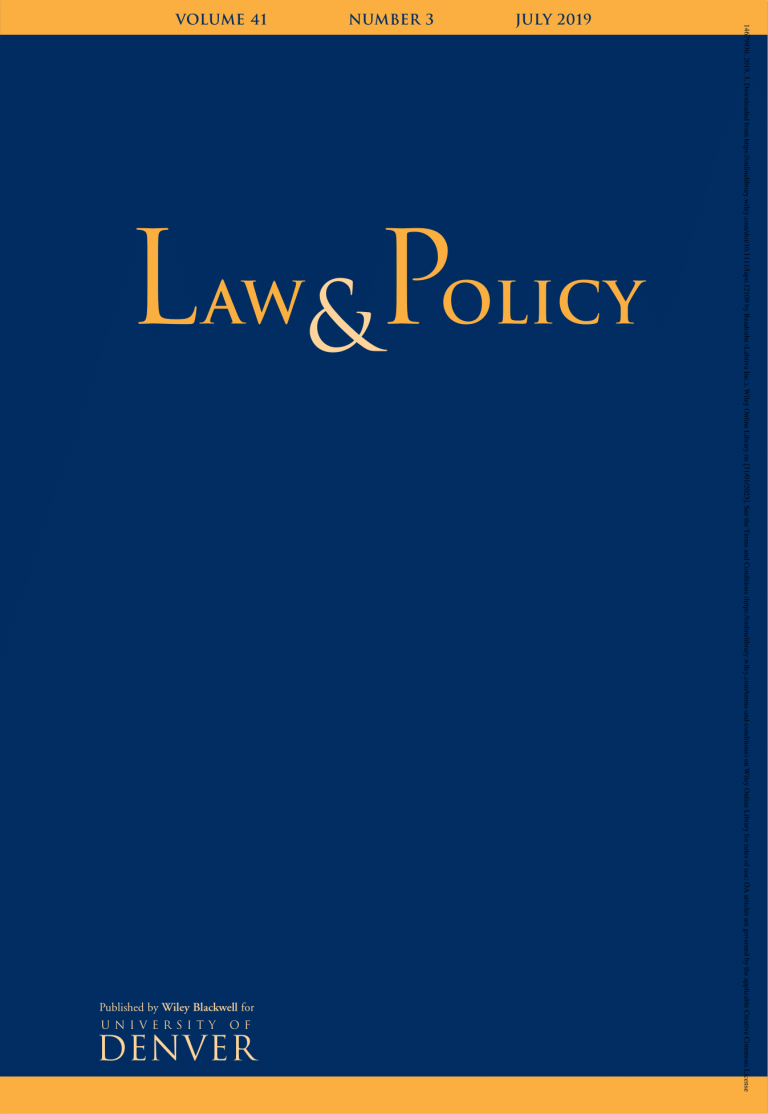From Law & Policy
Employment civil rights laws require employers to make reasonable accommodations for certain workers so that they can perform their jobs. The “reasonableness” of an accommodation request should be based largely on the cost of the accommodation relative to the company’s resources, but how do people really evaluate such requests? This study examines determinations of the reasonableness of workplace accommodation requests made by trial judges and ordinary people. Using a 2 × 3 × 3 between-subjects factorial design, we test the effect of worker identity (nursing-mother worker, transgender worker, and Muslim worker) and cost on determinations of reasonableness.
We find that (1) the identity category of the requesting worker impacts determinations of reasonableness by both judges and laypeople, (2) the cost of the accommodation impacts determinations of reasonableness, (3) judges are more likely to think that accommodation requests are reasonable than are laypeople, (4) there is a complicated relationship between accommodation cost and employee identity, and (5) the cost of the requested accommodation mitigates the effect of identity significantly for judges but less so for ordinary citizens. While judges are less influenced by the identity category of the employee-requestor than are their lay-counterparts, social status plays a role in determining what constitutes “reasonable accommodation.”

